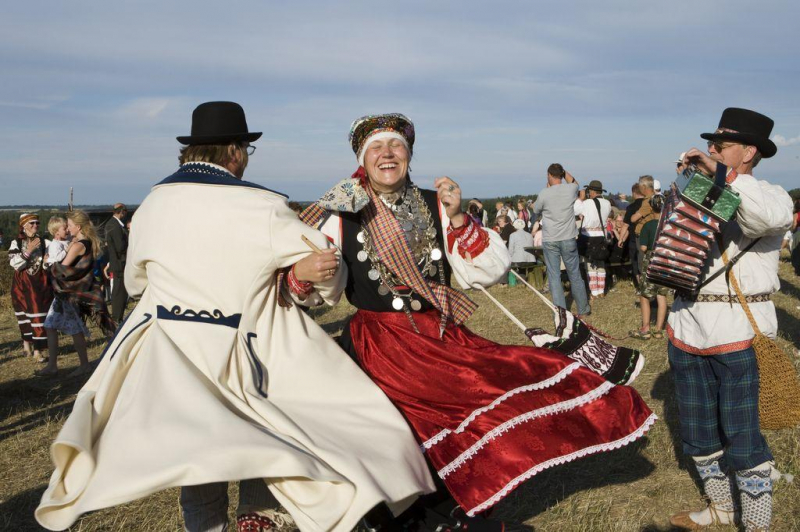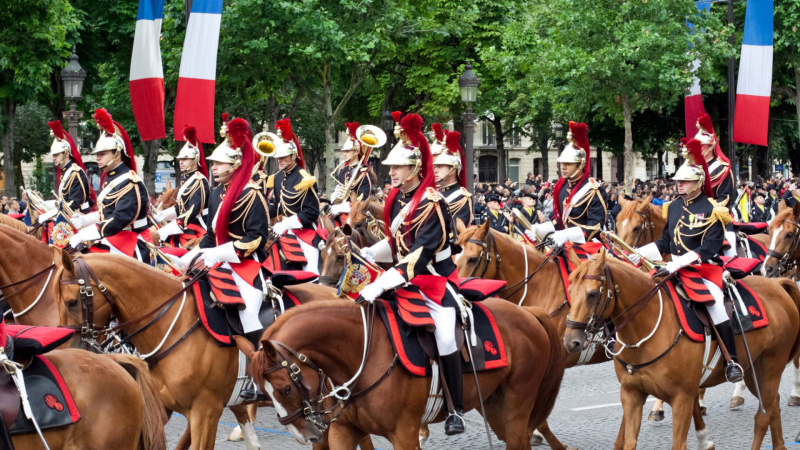Fascinating Cultural Experiences

France's culture has been influenced by geography, historical developments, as well as external and domestic forces and organizations. Since the 17th century and into the 20th century, France and Paris in particular have been a major global hub of high culture. Since the late 19th century, France has also contributed significantly to the fields of mathematics, fashion, food, literature, technology, and the social sciences. Throughout the ages, the importance of French culture has fluctuated according to its influence on politics, the economy, and the military.
In the past, the Franks, a Germanic tribe, as well as Celtic and Gallo-Roman cultures, affected French culture. Originally understood to apply to the western region of Germany known as the Rhineland, the term France eventually came to refer to a region known as Gaul throughout the Iron Age and the Ancient Roman era.
Then, with the French Revolution, it became the epicenter of the Enlightenment and was home to some of the most powerful royal families of the medieval and early modern eras. With the advent of Napoleon, French influence grew throughout Europe and beyond. In the 19th and 20th centuries, it became one of the major world powers and was at the center of both the First and Second World Wars, all of which helped to form the France that people know today.
Strong unifying impulses as well as significant geographical and social distinctions characterize contemporary French culture. France was identified as the nation with the fourth-highest positive influence in the world (after Germany, Canada, and the UK) in a global opinion survey conducted for the BBC in 2014.












